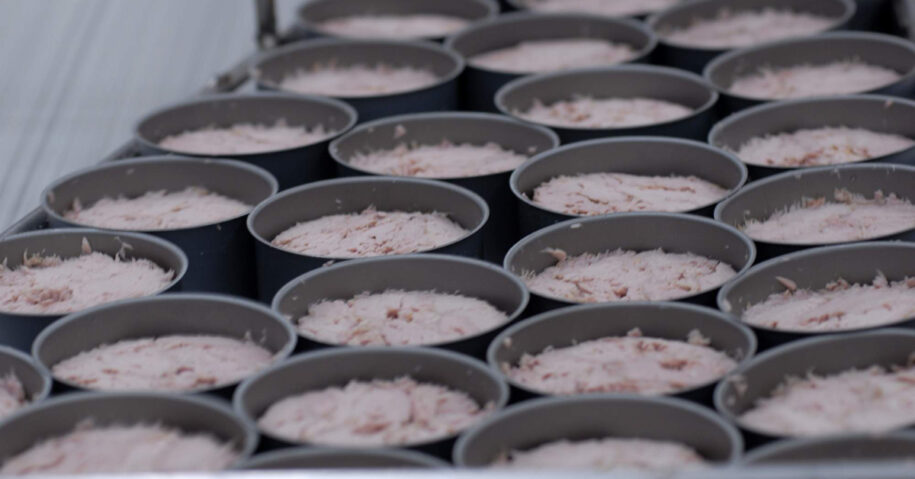59% of the ‘Tuna’ Americans Eat Isn’t Tuna, It’s Actually This
I love tuna, when I go for sushi I always choose the fresh tuna sashimi or the spicy tuna roll to start off my dinner. But when you pick up a can of tuna or go for a tuna lunch, do you ever consider than what you are eating may not be what it seems?
A study has revealed that over half of the tuna sold at restaurants and stores in the United States is a completely different type of fish. The findings were made by Oceana, a non-profit organization for the protection and restoration of the world’s oceans.
The lengthy investigation found that 59% of the ‘tuna’ was not tuna at all. Oceana took over 1,000 samples of fish from across the United States and genetically twisted them. They found that 52% of all seafood tested in Southern California had been mislabeled.
The study also found that sushi restaurants are far more likely to mislabel fish in general than other restaurants or grocery stores. 74% of sushi restaurants are guilty of the offense according to Oceana, compared with 38% of other restaurants and 18% of grocery stores.
“Our findings demonstrate that a comprehensive and transparent traceability system – one that tracks fish from boat to plate – must be established at the national level.
At the same time, increased inspection and testing of our seafood, specifically for mislabeling, and stronger federal and state enforcement of existing laws combatting fraud are needed to reverse these disturbing trends.
Our government has a responsibility to provide more information about the fish sold in the U.S., as seafood fraud harms not only consumers’ wallets but also every honest vendor and fisherman cheated in the process – to say nothing of the health of our oceans.”
90% of seafood is imported into the United States, but only 1% are inspected for fraud.
Oceana said that consumers should always ask plenty of questions about the intended fish purchase, and they also advise people to buy whole fish, rather than portions. ‘This makes it more difficult to swap one species for another,’ states the report.


